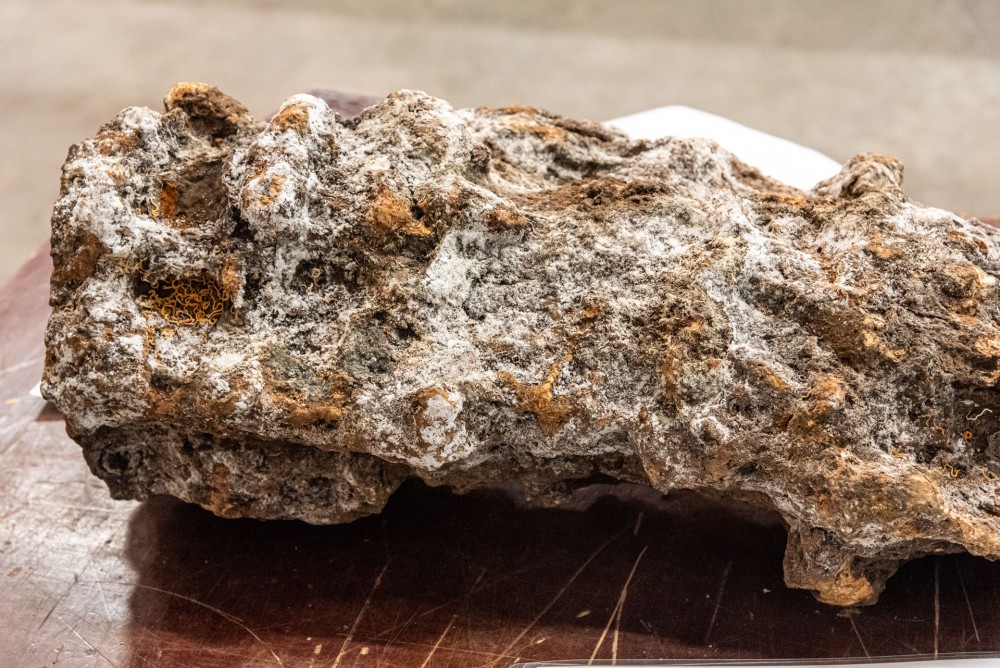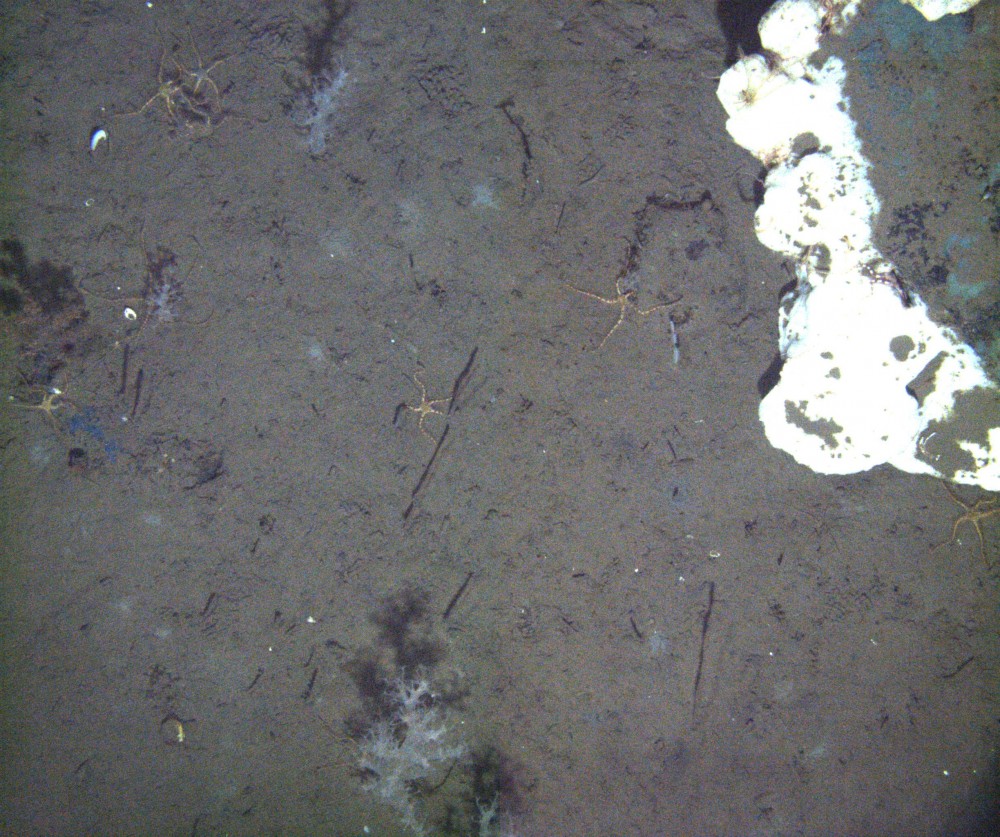Deep-sea mining could enhance climate change, a new study indicates.

Scientists from Norway and The United Kingdom surveyed animals living at 17 different sites on the Barents Sea floor and found that they are storing a far larger amount of carbon than previously believed.

Seafloor creatures extract carbon from the surrounding water to grow. Once they die, their shells and skeletons are buried in the ground of the ocean, permanently locking away much of the carbon they contain. By disturbing or destroying these habitats, deep sea mining and trawling could reduce the oceans’ natural ability to remove carbon from the atmosphere and thereby act as a brake on climate change, the study led by UiT researcher Terri Souster found.

“This study highlights how little we know about the functionality of life in the deep, how it affects the global carbon cycle, and the benefits nature in the ocean brings society”, – Dr David Barnes from the British Antarctic Survey, who contributed to the study, is quoted as saying by the press-statement, “We do not know which deeper seabed areas store most carbon, so we do not know what areas we need to prioritize for conservation. Commercial exploitation is racing ahead before we even know what we will be damaging and losing.”
Earlier this year Norwegian government approved commercial deep-sea mining in the country. Despite warnings from the scientific community and eco-activists, local authorities see deep-sea mining as a promising industry:
“We need minerals to succeed in the green transition. Currently, the resources are controlled by a few countries, which makes us vulnerable. Seabed minerals can become a source of access to essential metals, and no other country is better positioned to take the lead in managing such resources sustainably and responsibly. Success will be crucial for the world’s long-term energy transition”, Minister of Petroleum and Energy, Terje Aasland, is quoted on the government’s website earlier this year.
Located in Kirkenes, Norway, just a few kilometres from the borders to Russia and Finland, the Barents Observer is dedicated to cross-border journalism in Scandinavia, Russia and the wider Arctic.
As a non-profit stock company that is fully owned by its reporters, its editorial decisions are free of regional, national or private-sector influence. It has been a partner to ABJ and its predecessors since 2016.